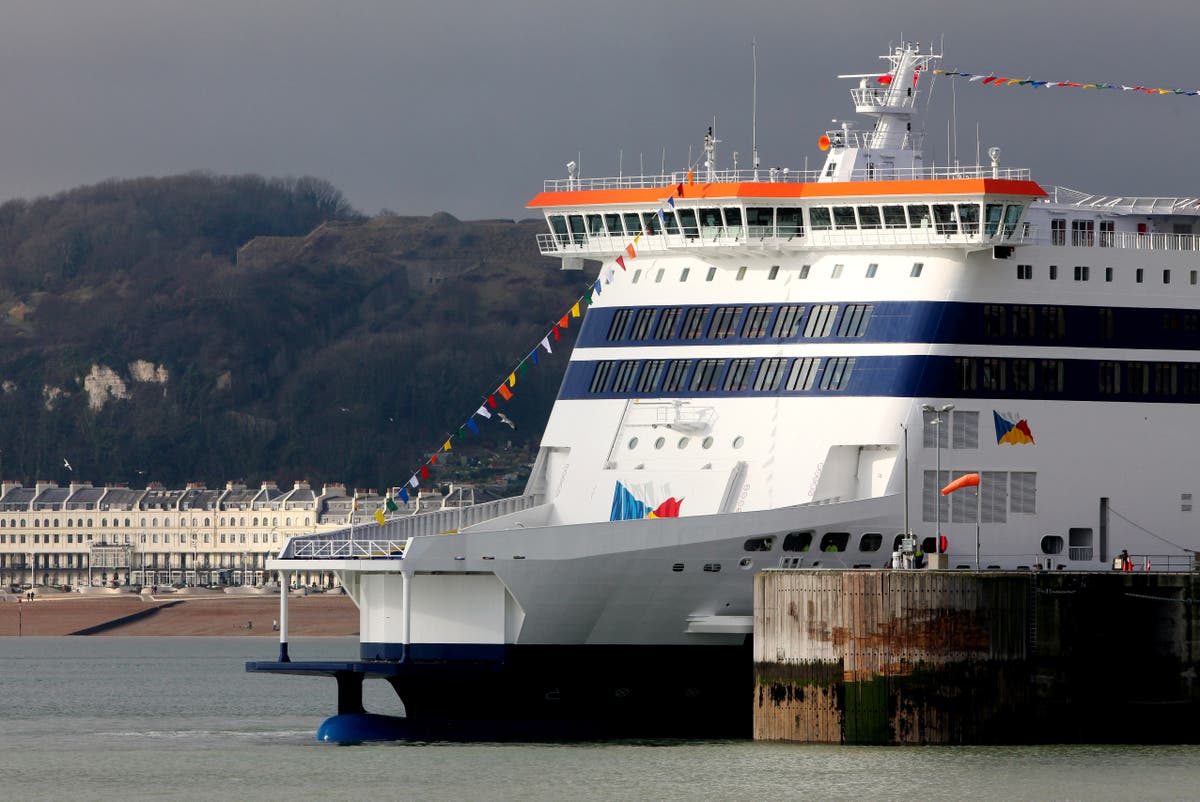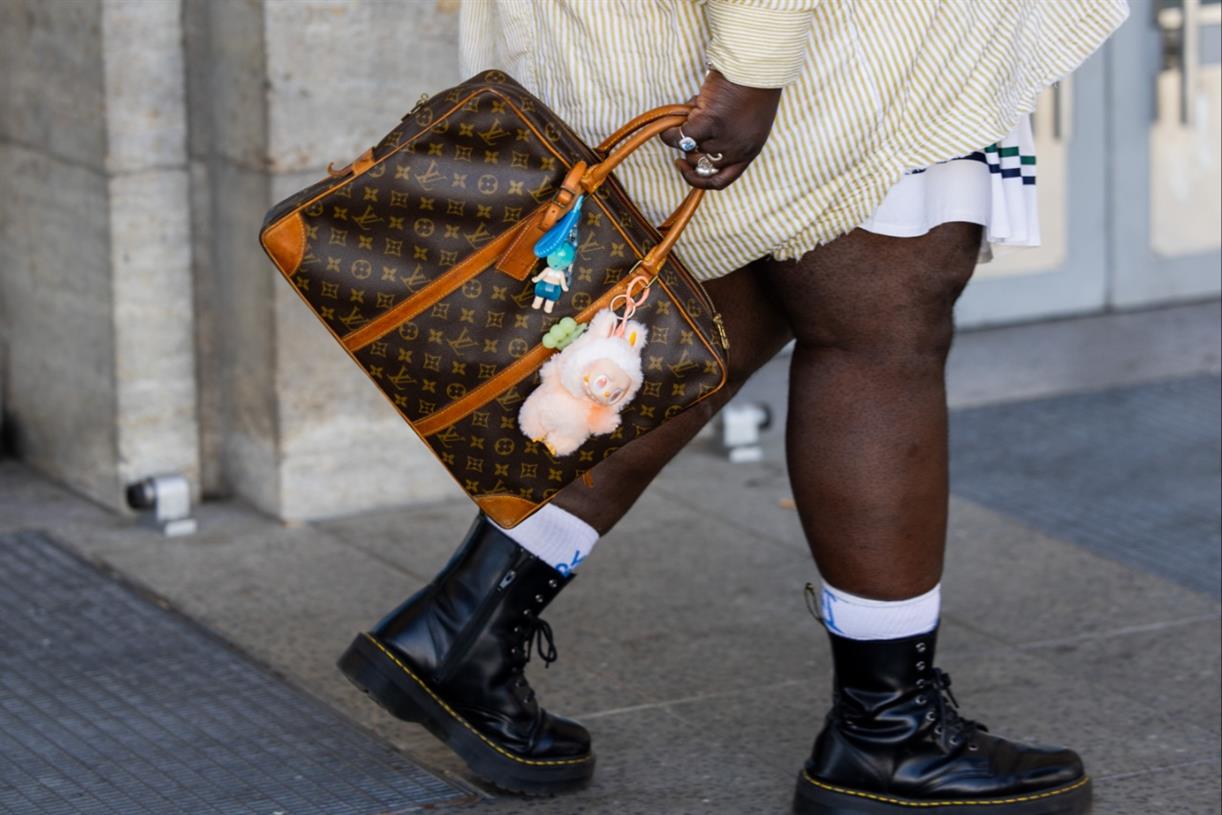Planning a vacation? Here’s all the places that the locals don’t want you
If you’re getting ready to plan a trip, here are seven destinations to reconsider visiting as locals say they’re facing the consequences of overtourism, Katie Hawkinson reports

Support truly
independent journalism
Our mission is to deliver unbiased, fact-based reporting that holds power to account and exposes the truth.
Whether $5 or $50, every contribution counts.
Support us to deliver journalism without an agenda.

Barcelona, one of Spain’s most beloved cities, made international headlines this week when a group of demonstrators sprayed tourists with water guns.
The demonstrators chanted, “Tourists go home” and “Barcelona is not for sale” as they marched through the streets, protesting against the soaring cost of living and housing prices they attribute to overtourism in their city.
The capital of Catalonia isn’t the only place seeing demonstrations against overtourism.
This year, a record-breaking 4.7 billion people are expected to travel around the globe. This likely means unprecedented rates of tourists flooding into cities across the world — which can, in some cases, devastate local communities. Overtourism can increase housing prices for residents, contribute to gentrification, pollute the local environment and damage historical sites.
Here are seven cities where residents are telling tourists to stay away and urging their lawmakers to crack down on overtourism:
Amsterdam, Netherlands
Amsterdam officials have long advocated against tourists planning wild nights out in their city.
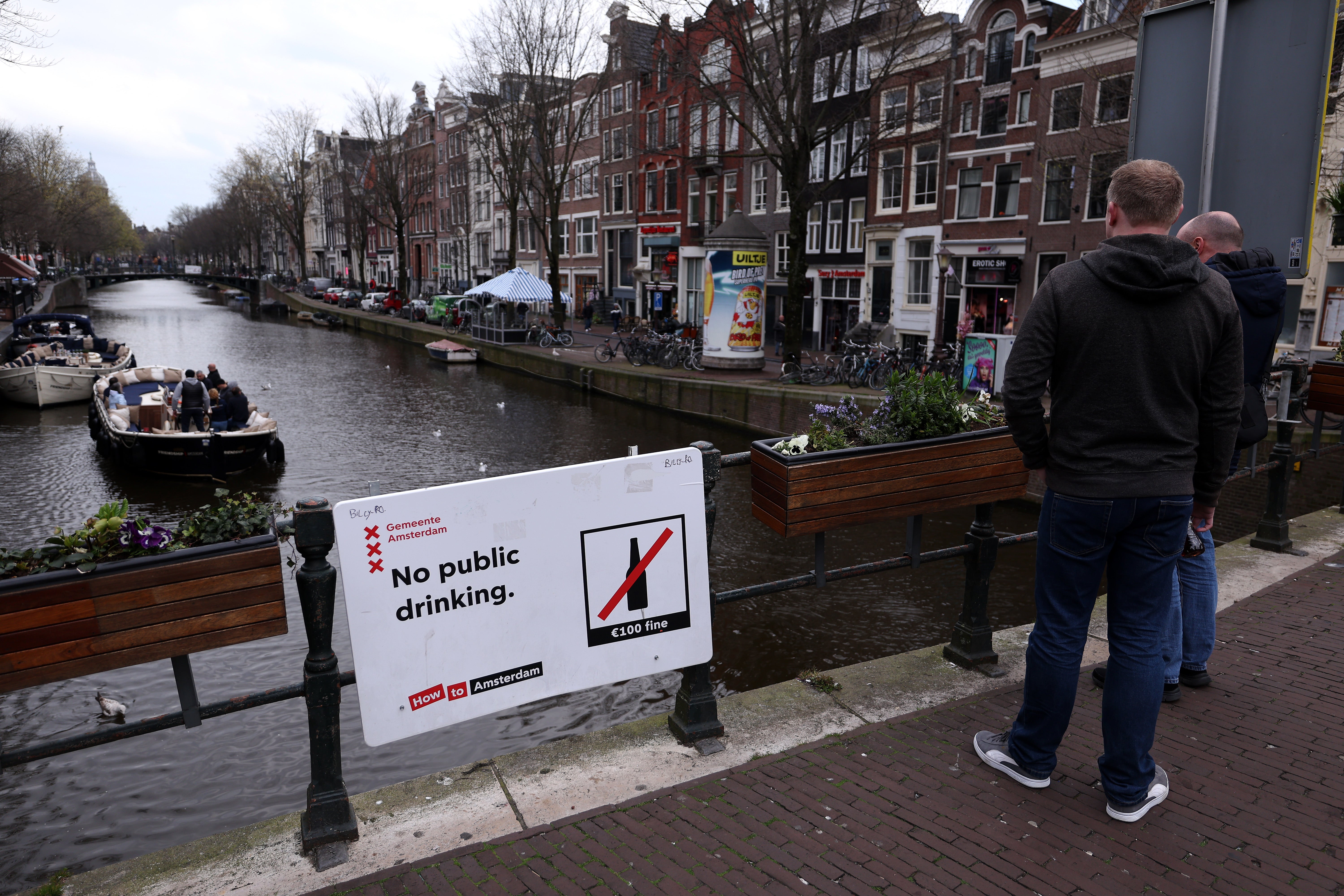
Last year, the city launched an advertising campaign targeting young British men looking for a drunken evening, the BBC reports. The “Stay Away” campaign warns against dangerous behavior, emphasizing the lasting consequences of a criminal record.
“Coming to Amsterdam for a messy night + getting trashed = €140 fine + criminal record = fewer prospects,” one advertisement reads, the text overlaid on a video of a man being arrested.
“So, coming to Amsterdam for a messy night? Stay away.”
Hundreds of residents also gathered earlier this year to protest overtourism in their city. Amsterdam saw some 12 million tourists in 2023 and expects more this year.
Hawai’i, United States
Hawaiian residents have long advocated against overtourism on their islands — for a range of reasons, including the destruction of local environments, frustrations about colonialism, and tourism relying on the cultural appropriation of Native Hawaiians.

Earlier this year, local lawmaker Brenton Awa introduced a bill to prevent foreigners from buying land in Hawai’i to combat an ongoing housing crisis in the state.
“During the pandemic, right before I got into office here, we saw the home prices jump up $400,000 within a year, and that was because people outside were coming in,” Awa told local outlet KHON-TV. “When they’re coming in with cash and our salaries over here are less than those of the people who are ready to retire, we can’t compete.”
Maui County’s mayor also wants to stop vacation property owners from renting property to tourists in the wake of the deadly wildfires on the island last summer, the Associated Press reports. Instead, he’s hoping the properties can be used for long-term rentals to address the island’s housing shortage following the blazes.
The tourism industry, and particularly the luxury housing it fuels, has caused an affordable housing crisis, ABC News reports.
Keani Rawlins-Fernandez, who grew up in Molokai, Hawai’i, told Business Insider that these housing prices are displacing residents, and that overcrowding is placing significant strains on local infrastructure. Tourists have also wreaked havoc on local ecosystems, Rawlins-Fernandez noted.
Venice, Italy
Venice has more beds for tourists than residents, CNBC reports. Now, some locals say they feel like they’re living in a city-turned-amusement-park after the city implemented an entrance fee for visitors.
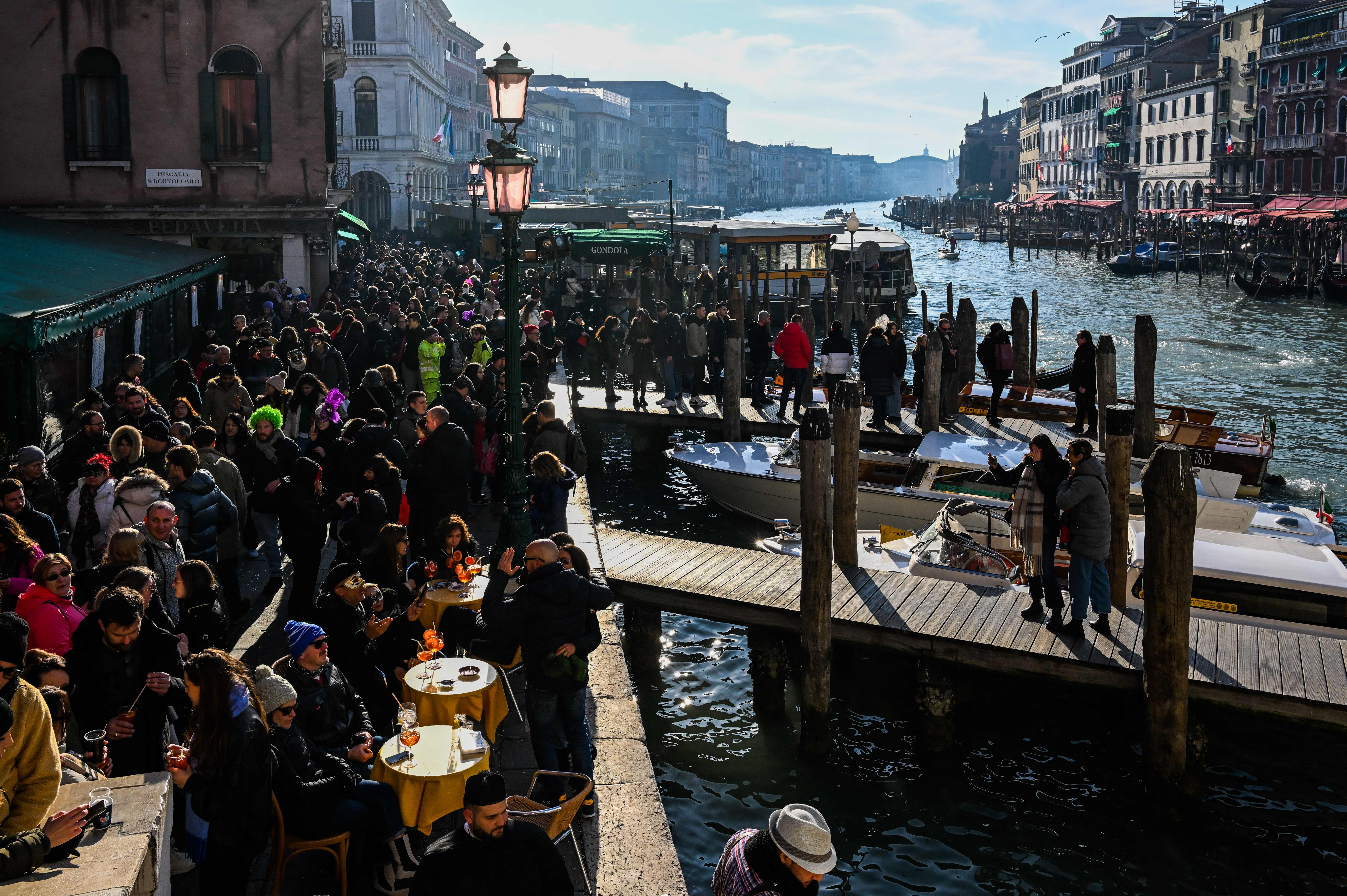
The mayor said the fee is designed “not to close the city, but not let it explode,” according to CNBC.
“I can tell you that almost the entire city is against it,” activist Matteo Secchi told The Guardian. “You can’t impose an entrance fee to a city; all they’re doing is transforming it into a theme park. This is a bad image for Venice…I mean, are we joking?”
Residents against tourism say the fee is useless against what they say are the bigger problems: the lack of affordable housing driven by overtourism.
“For a start, €5 will do nothing to deter people,” housing activist Federica Toninello told The Guardian. “But day trippers aren’t the issue; things like the shortage of affordable housing are … What we need are policies to help residents, for example, making rules to limit things like Airbnb.”
Málaga, Spain
Residents of Málaga, Spain chanted “Málaga for living, not surviving,” as they marched through the streets last month, protesting the overtourism they say has destroyed the local housing market.
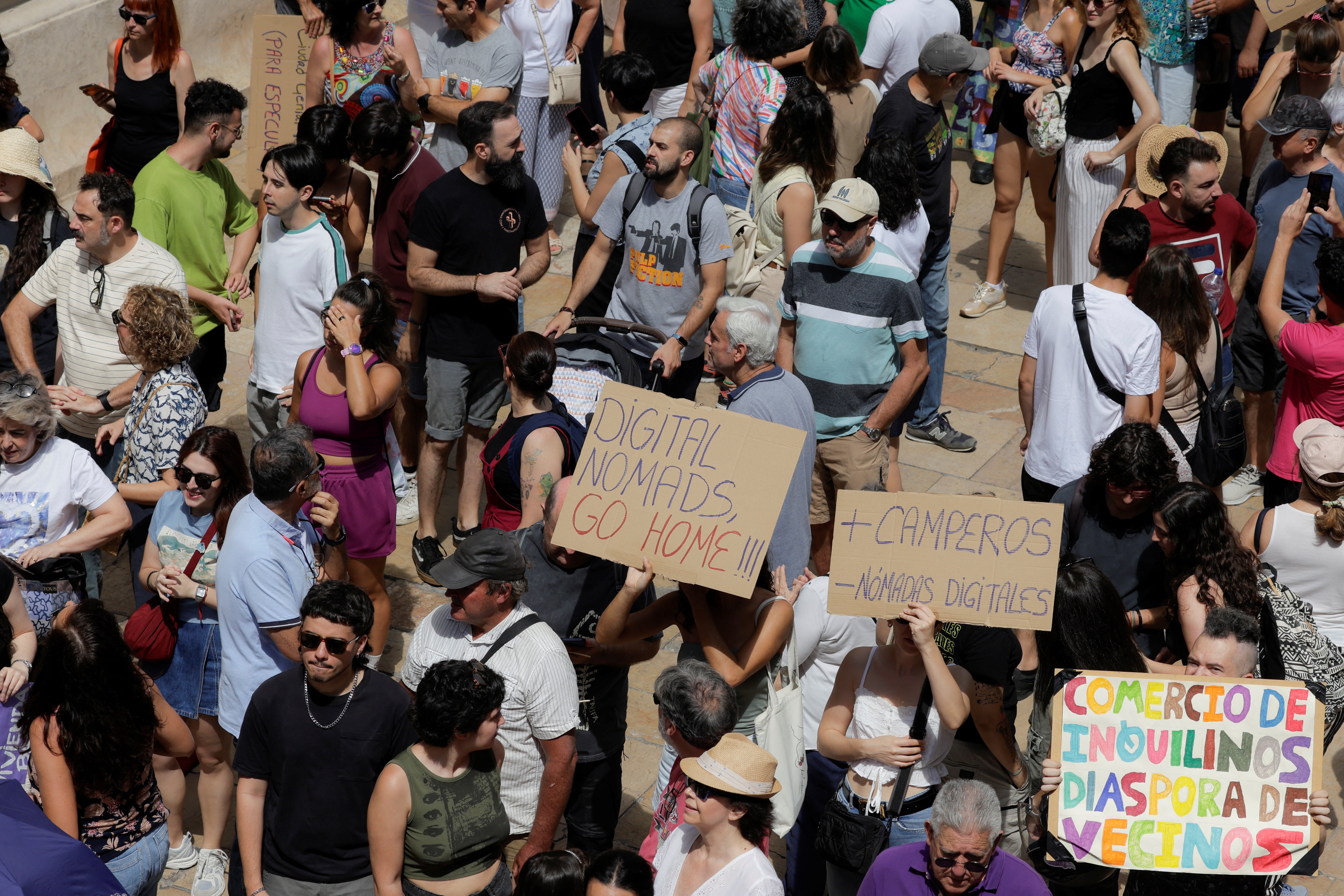
Overtourism is driving residents out of their homes due to rising prices,The Guardian reports.
“The people who work in the tourism industry can’t afford the rent in their own city. As long as housing is seen as a marketable asset, there won’t be a solution,” Curro Machuca, member of the Málaga tenants’ union, told The Guardian. “We believe that basing the economy of Málaga on the monoculture of tourism is unsustainable and has to change.”
Activists are now calling on the Spanish government to put a cap on tourist housing to protect residents, Euronews reports.
Machu Picchu, Peru
Machu Picchu, the fifteenth-century Incan citadel in Peru, is facing a “significant overtourism dilemma,” according to the International Council on Hotel, Restaurant, and Institutional Education.
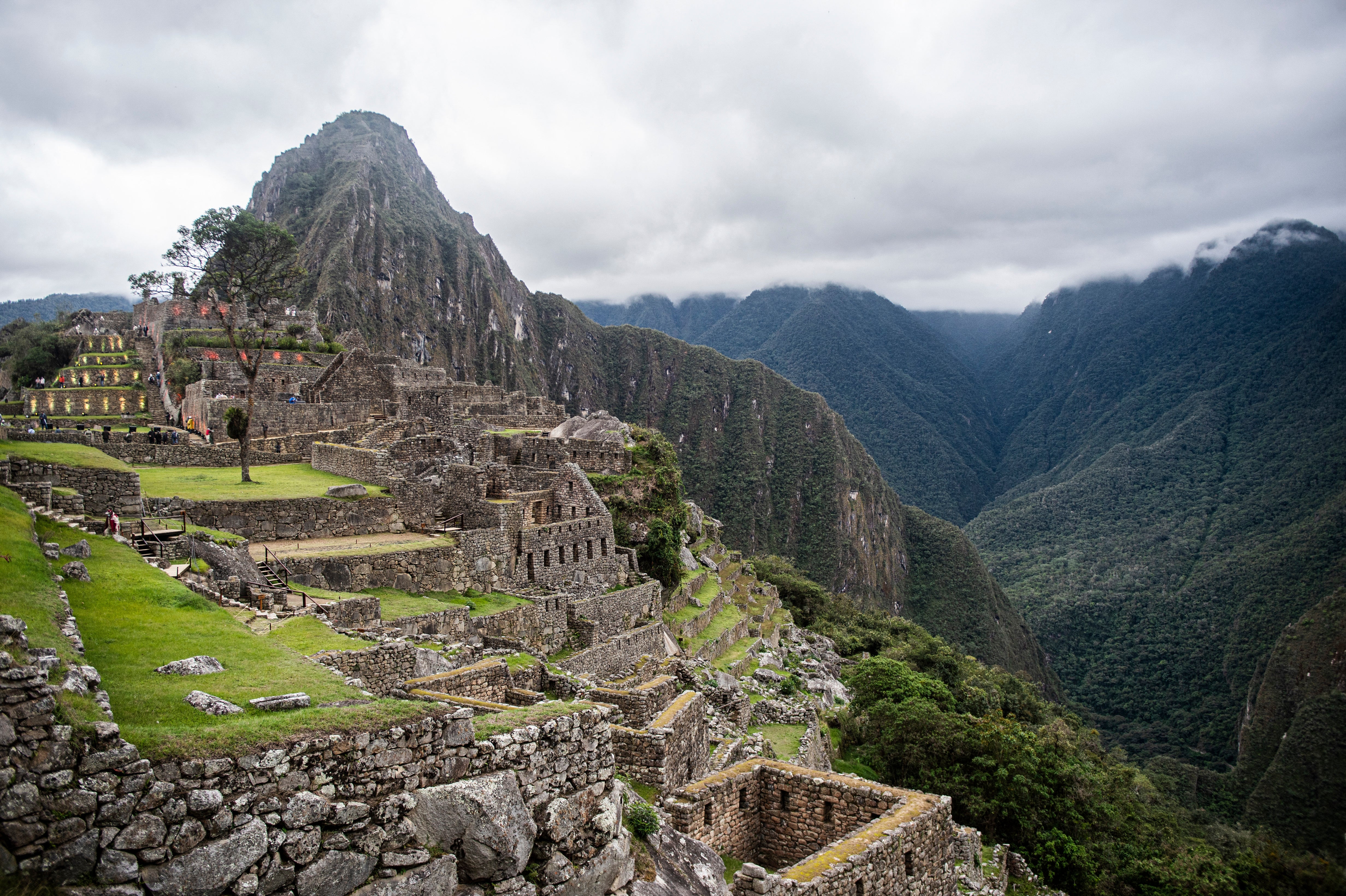
While it is protected by the United Nations Educational, Scientific and Cultural Organization, tourists have damaged the historic city and its nearby environment with litter and vandalism. UNESCO has even called on the Peruvian government to implement harsher restrictions to save what is left of the historic site, according to the CHRIE.
However, Machu Picchu tourism also provides a massive revenue stream to the Peruvian government.
“Tourism itself represents a double-edged sword by providing economic benefits but also by resulting in major cultural and ecological impacts,” UNESCO said. “The strongly increasing number of visitors to the Historic Sanctuary of Machu Picchu must be matched by an adequate management regulating access, diversifying the offer and efforts to fully understand and minimize impacts.”
Oaxaca, Mexico
Oaxaca, Mexico has seen a 77 percent rise in tourism since 2020 – and many of those who call the city home aren’t happy about it.
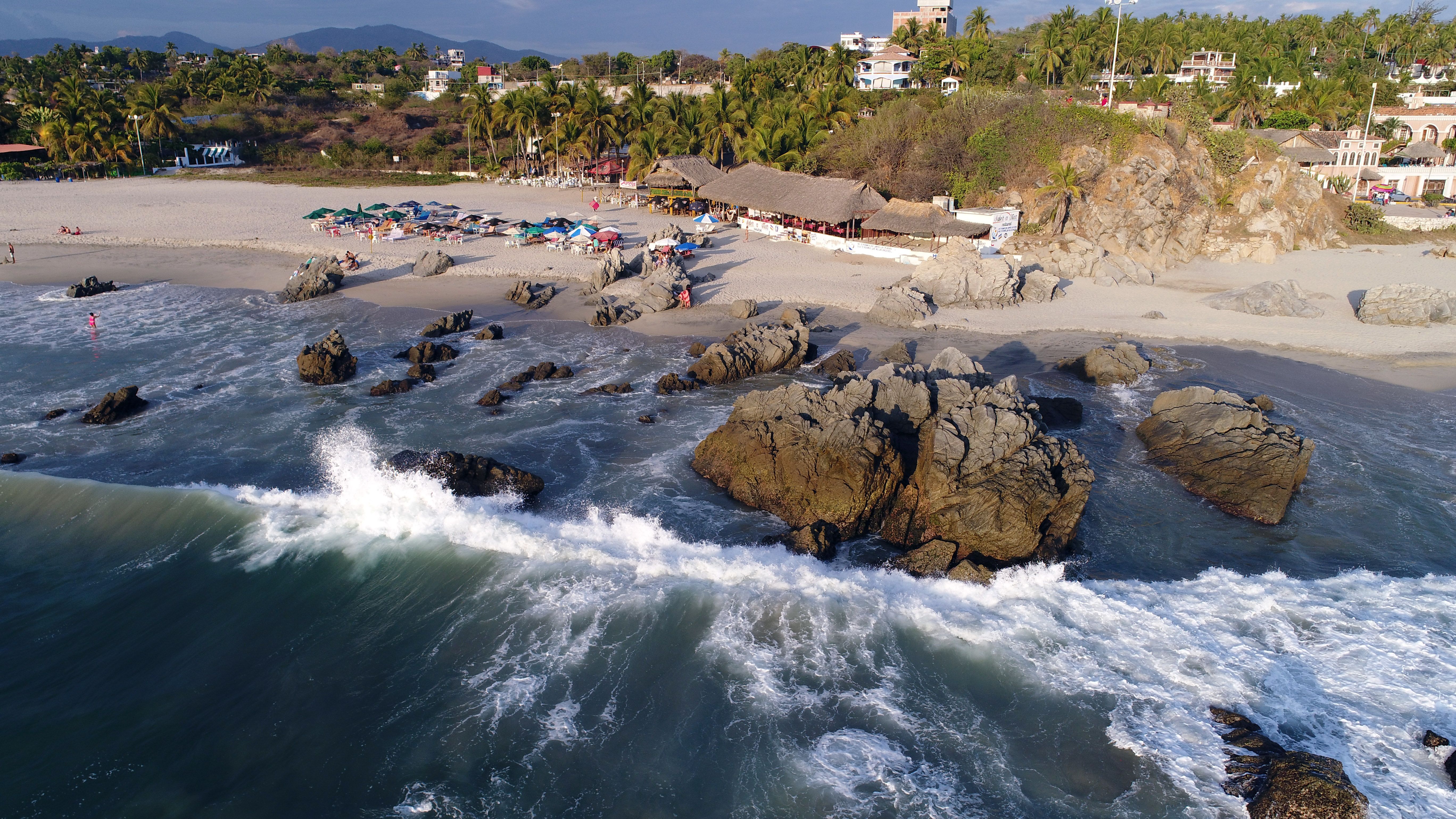
Residents staged an anti-tourism protest in January. Activists say tourism has spurred gentrification of the city’s central neighborhoods, making it difficult for residents to find housing, Bloomberg reports.
“With gentrification, it’s basically impossible to live downtown, which is the nicest and safest part of the city with the most privileges,’’ Wilber Mendoza, an artist born in Oaxaca, told Bloomberg. ‘‘It feels like you don’t have dignity in your own city.”
Tourism is also fueling whitewashing and raising the cost of living in the Oaxaca state capital, the Los Angeles Times reports.
“We aren’t against travel, but we are against tourism,” activist Andrea Bel.Arruti told Bloomberg. “What we’re against is tourism as a capitalist economic system that is based on a colonial model of extractivism of peoples’ resources, knowledge, ways of living and culture, where they are not the people that are befitting from this model.”
Hallstatt, Austria
Hallstatt is a small town of just 700 people — but sees up to 10,000 visitors a day, the BBC reports, who flock to visit the picturesque village on a lake, surrounded by mountains. The village also saw more than one million visitors a year before the COVID-19 pandemic began in 2020.
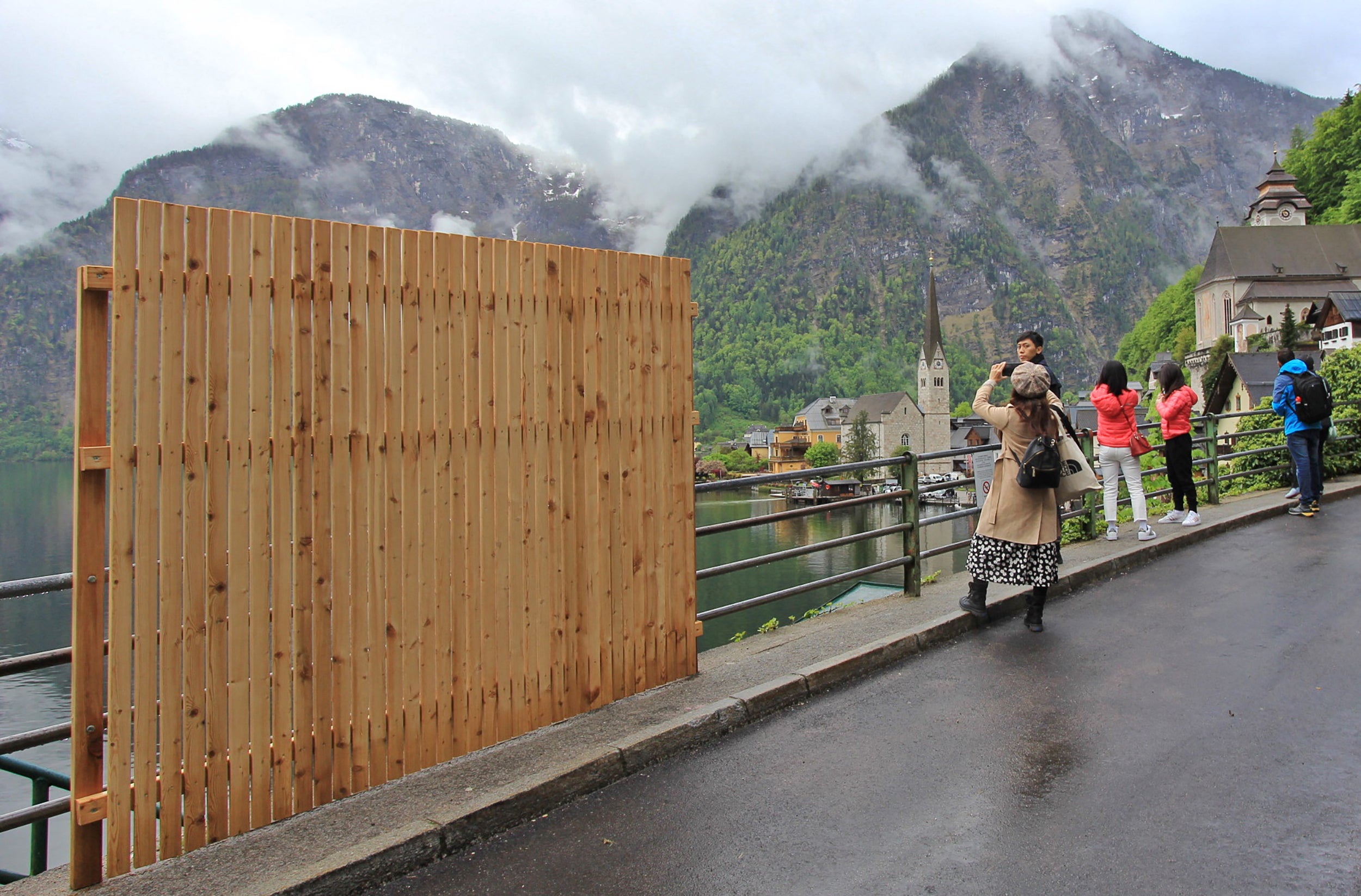
Residents of the idyllic village have pointed to overcrowding and noise pollution as the main issues that arise from tourism.
Last summer, residents made it clear they had enough. One group erected a wall to block a popular selfie spot, the BBC reports, while the town’s mayor said he was implementing measures to reduce buses passing through by one-third.

 UsenB
UsenB 







